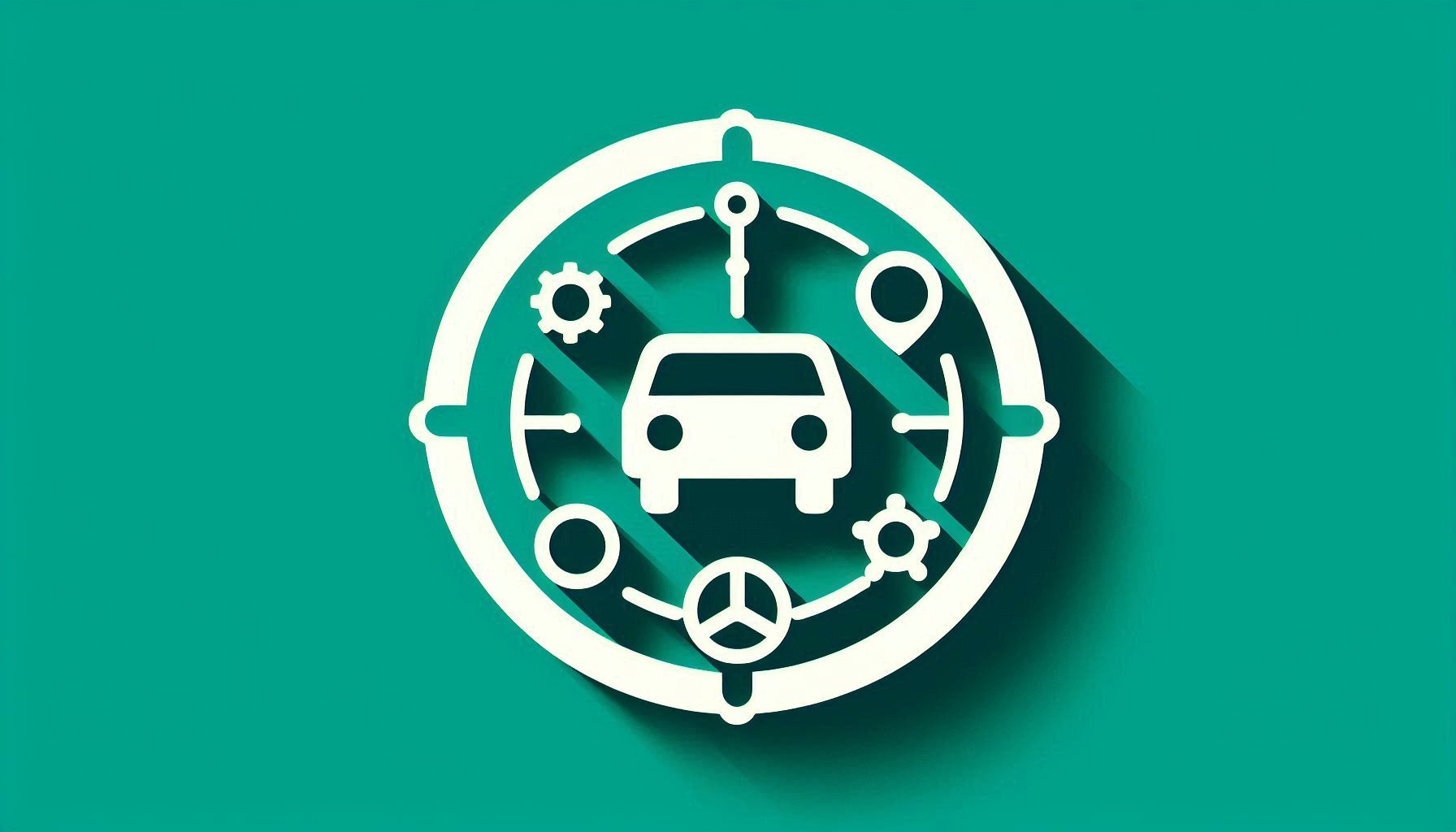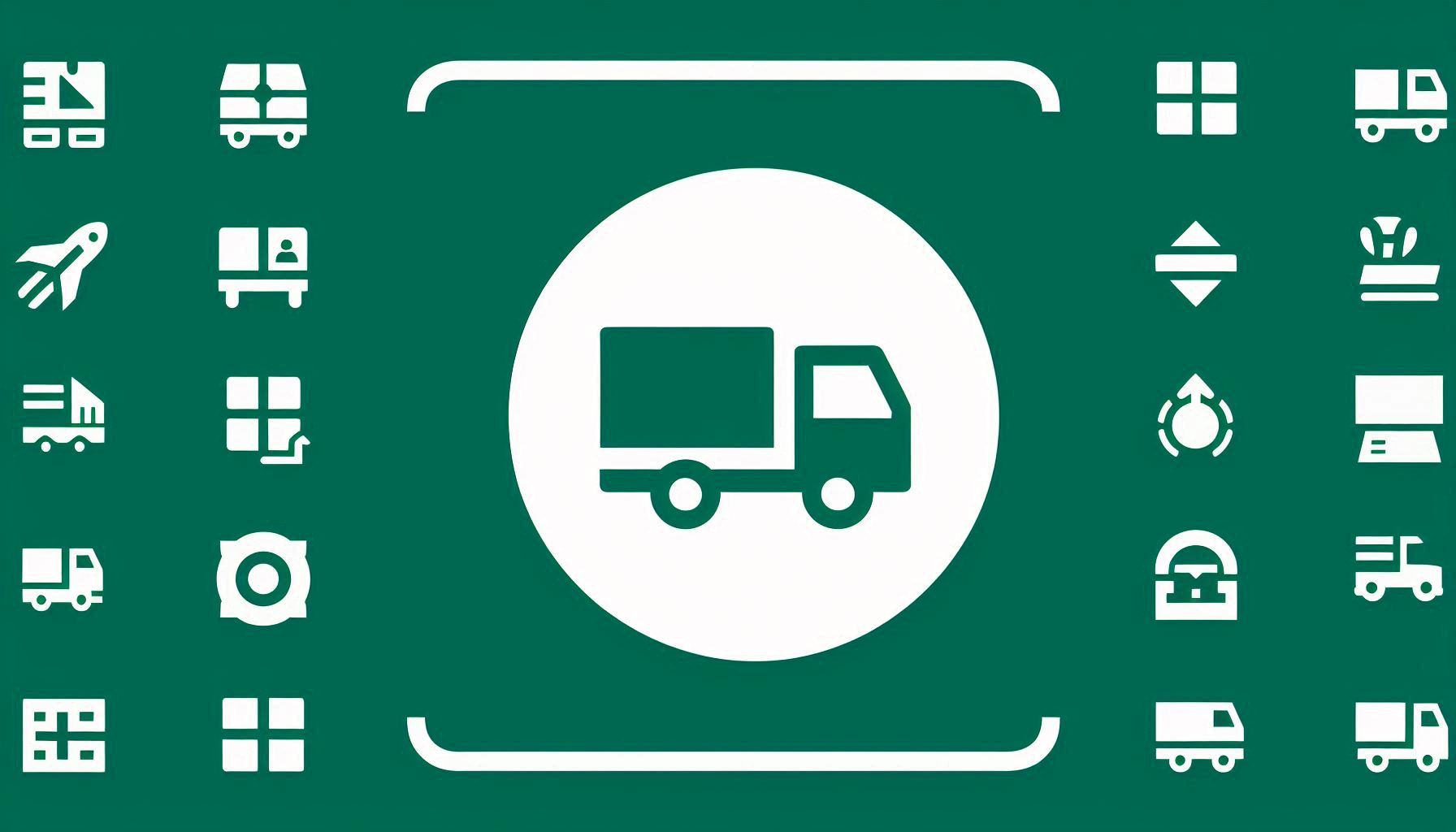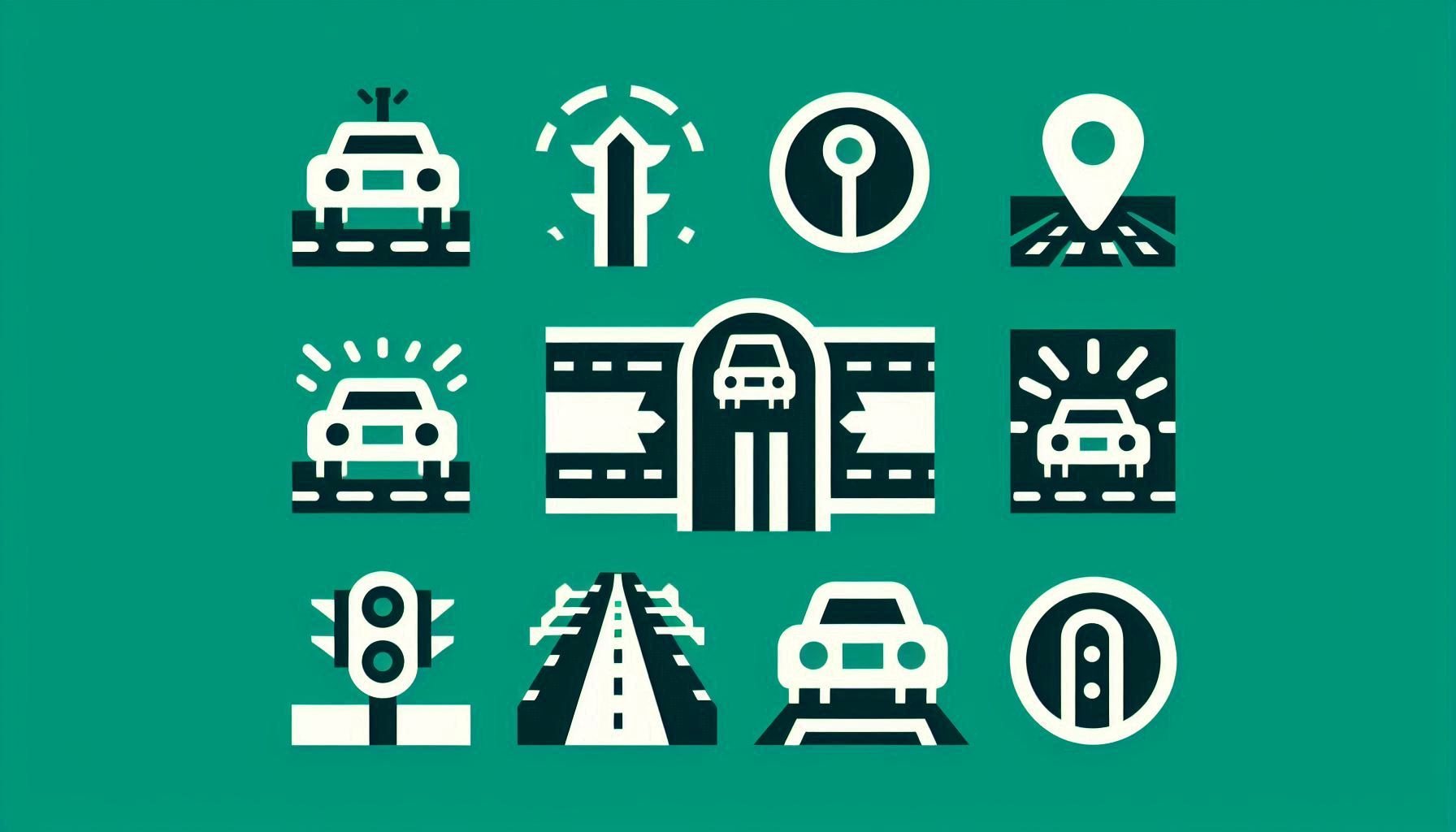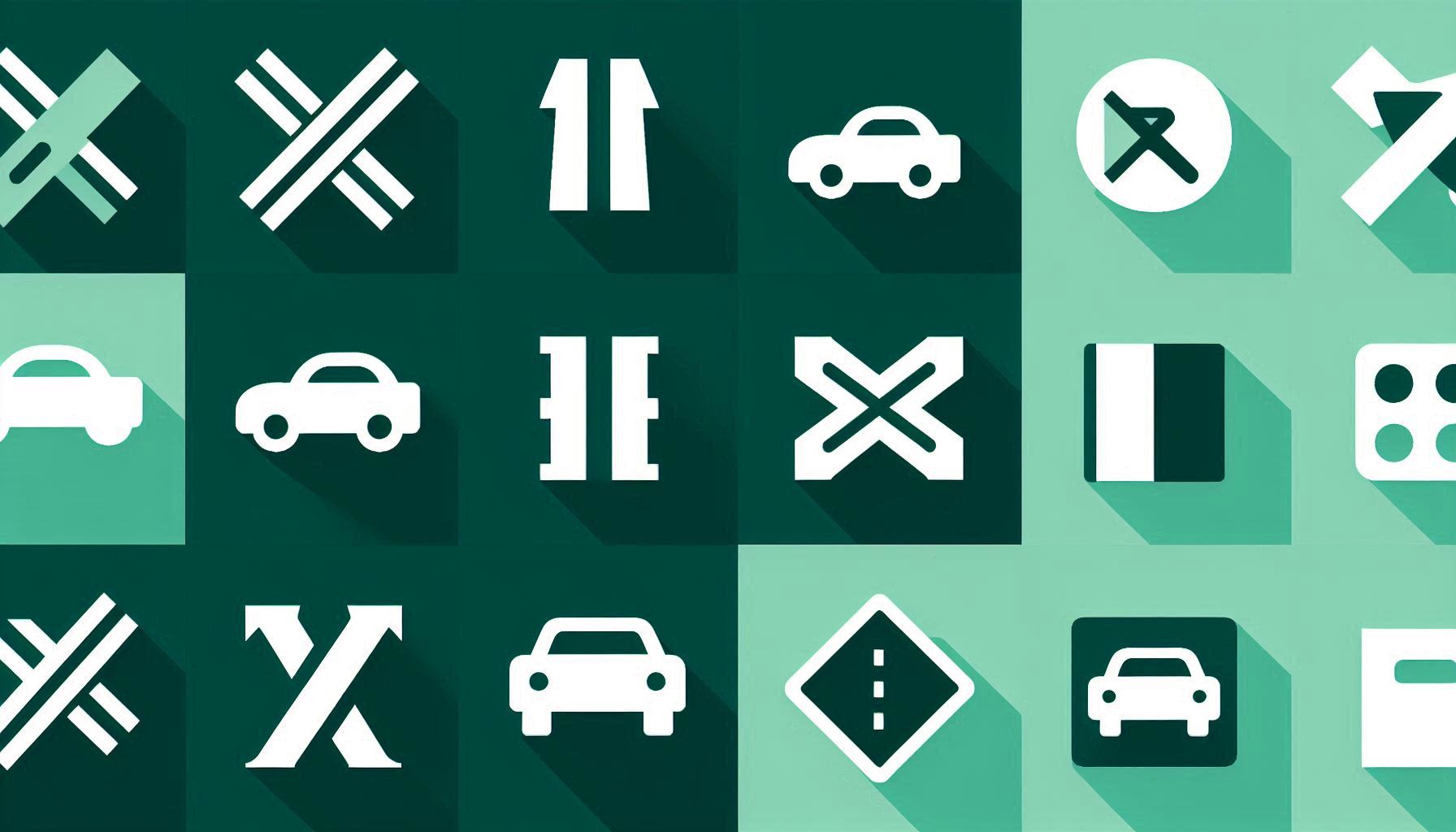Oil in Transportation - Adverse Impact on the Sea

Downloads
Downloads
J. W. Anderson and Co; Characteristics of crude and
refined oils and their toxicity to estuarine crustaceans and
fish, Marine Biology, Vol. 5, 1994
D. Botkin, E. Keller; Environmental science, John Wiley
& Sons Inc., New York, 1995.
V. Koljatic; Bioloske posljedice izljeva nafte u more, Proceedings
of Pomorski fakultet, year 9, Rijeka, 1995
Shipping Statistics and Market Review, ISL, Bremen,
January/February 1999
P. Valios; Tankers, Whiterby and Company, Ltd. London,




















